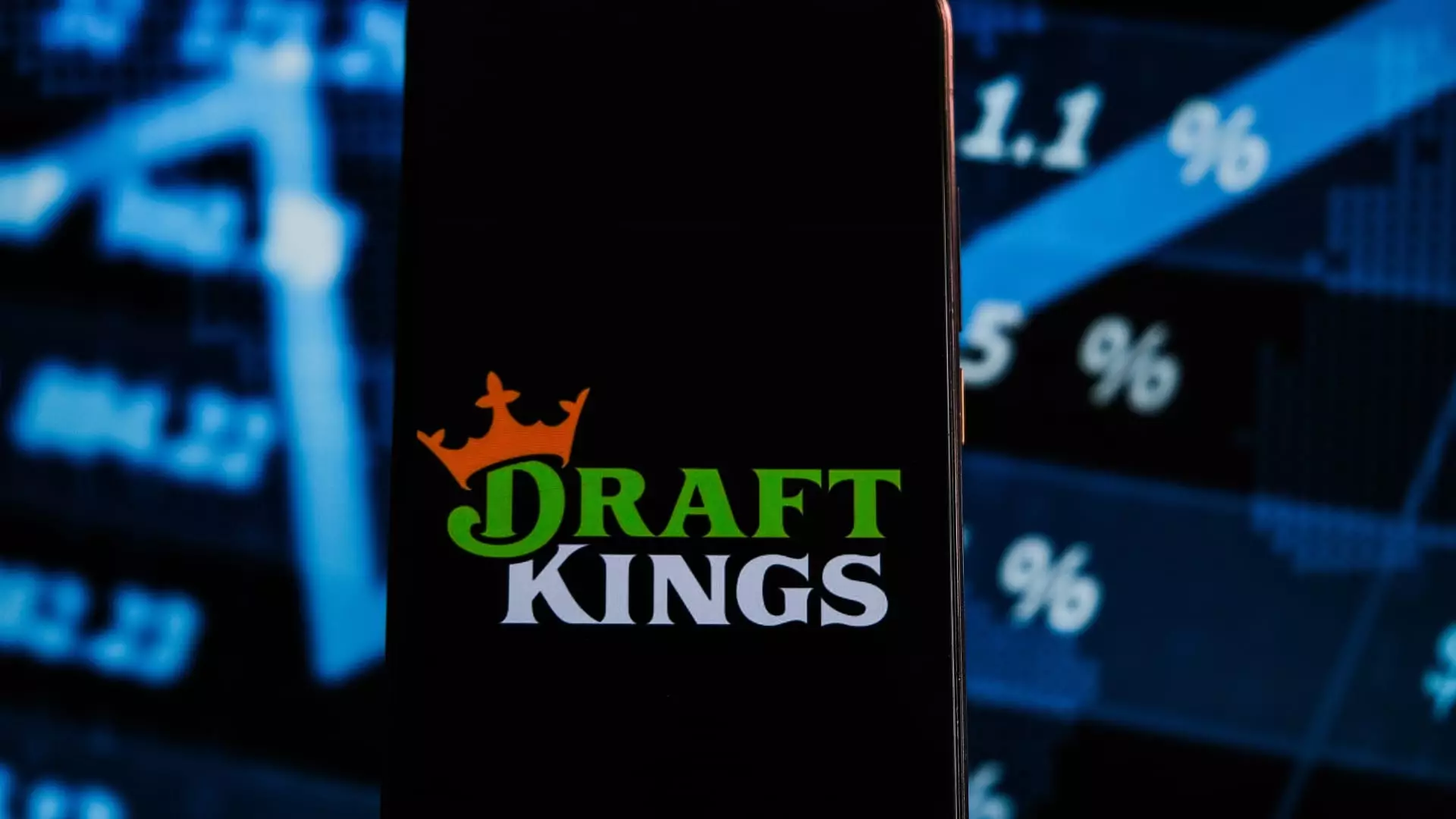The recent actions taken by Illinois lawmakers have sent shockwaves throughout the online sports betting industry, causing stocks to plummet and raising serious concerns among investors about the stability of this relatively nascent market. The state’s decision to hike taxes on digital wagers to 25 cents for the first 20 million bets, and up to 50 cents thereafter, has signaled a troubling precedent. As investors observed DraftKings plummet over 6% and Flutter Entertainment drop more than 2%, the alarm was clear: rising taxes could jeopardize an industry already fraught with challenges.
The Implications of Rising Costs
What’s particularly disconcerting about this development is not just the immediate financial implications for the big players like DraftKings and Flutter’s FanDuel, but the potential ripple effect it could have on smaller competitors. Analyst Barry Jonas from Truist emphasized that while larger entities will absorb the tax shock more efficiently, the financial burden on smaller companies could be disproportionately harsh, possibly pushing them out of the market. This dynamic not only hampers innovation and variety in the offerings for consumers but also threatens the diversity of a space that is still finding its footing.
A Dangerous Precedent
The Illinois budget decision underlines a concerning trend: lawmakers in cash-strapped states might start eyeing the lucrative online betting market as a quick fix to their fiscal woes. The thought that other states might follow suit creates an environment of uncertainty where investors cannot confidently project profits. With tax rates already staggeringly high in states like New York, where they exceed 50%, Illinois’ move could embolden other lawmakers to escalate taxes further. Such a framework does not merely create financial hurdles but could stifle consumer enthusiasm if the bet becomes costly enough to deter participation.
The Bigger Picture: A Market Under Siege?
The stock declines of seasoned establishments like MGM Resorts and Penn Entertainment demonstrate how vulnerable the entire ecosystem is to political whims. It’s not just about taxes; it’s about how the regulatory landscape can shift dramatically, often with little warning. According to the Tax Foundation, the wide range of digital sports bet taxes—from a staggering 51% in some states to a mere 6.75% in others—creates an unequal playing field that is ultimately unsustainable. Such volatility can plunge the market into chaos, where companies may struggle not only to thrive but to survive.
Consumer Impacts: The Hidden Costs
For the typical bettor, these legislative maneuvers might seem far removed from their daily experience of placing a wager. However, the reality is that these tax increases will trickle down. As seen in other industries, companies often offset higher taxes with increased costs to the consumer. The joy of an exhilarating game could be shadowed by harsh fees that tarnish the experience of betting. Ultimately, if maintaining a competitive edge becomes too costly, it’s the everyday consumer who may feel the brunt of these misguided fiscal policies.
In light of these developments, it is clear that lawmakers need to exercise greater foresight and responsibility. Balancing revenue needs with an understanding of the market’s delicate nature is critical; otherwise, the very industry that has garnered such enthusiasm may face a bleak future.

